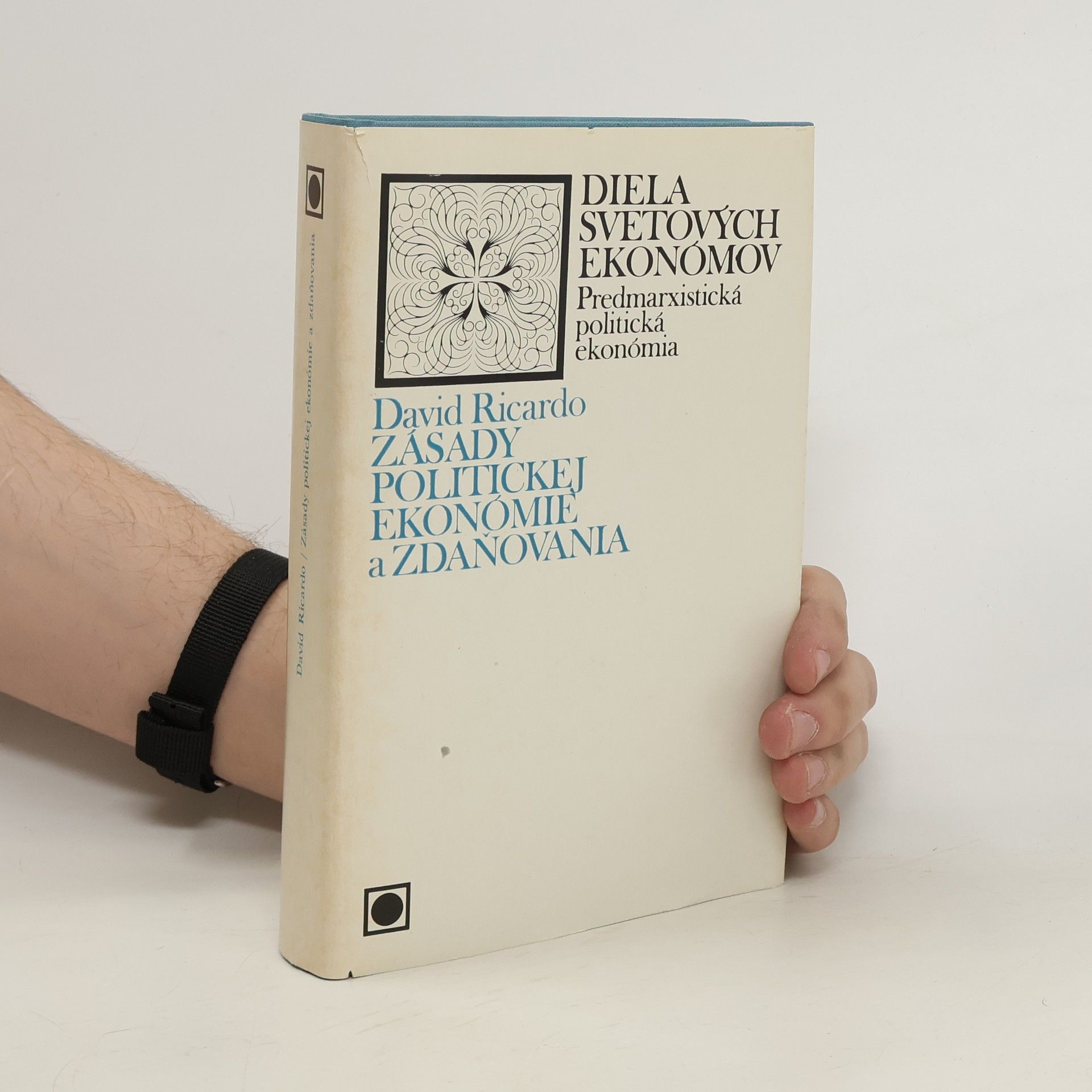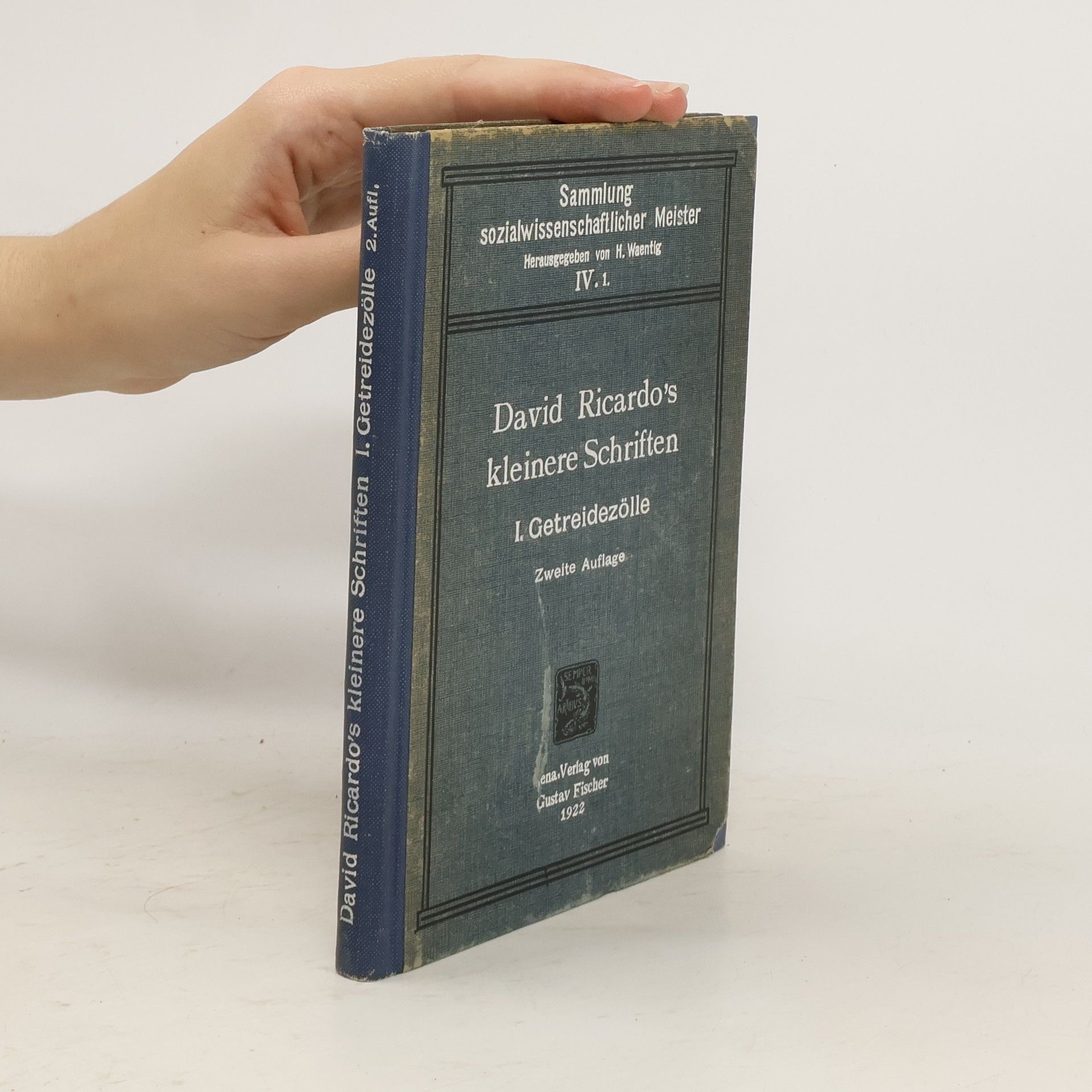On the Principles of Political Economy and Taxation
- 178 pages
- 7 hours of reading
This landmark treatise of 1817 formulated the guiding principles behind the market economy. Author David Ricardo, with Adam Smith, founded the "classical" system of political economy, a school of thought that dominated economic policies throughout the nineteenth century and figured prominently in the theories of John Stuart Mill and Karl Marx. Its foundation of the tenets of diminishing returns and economic rent led to the doctrines known today as distribution theory and international trade theory, and the Ricardian system continues to influence and inform modern economic thought







